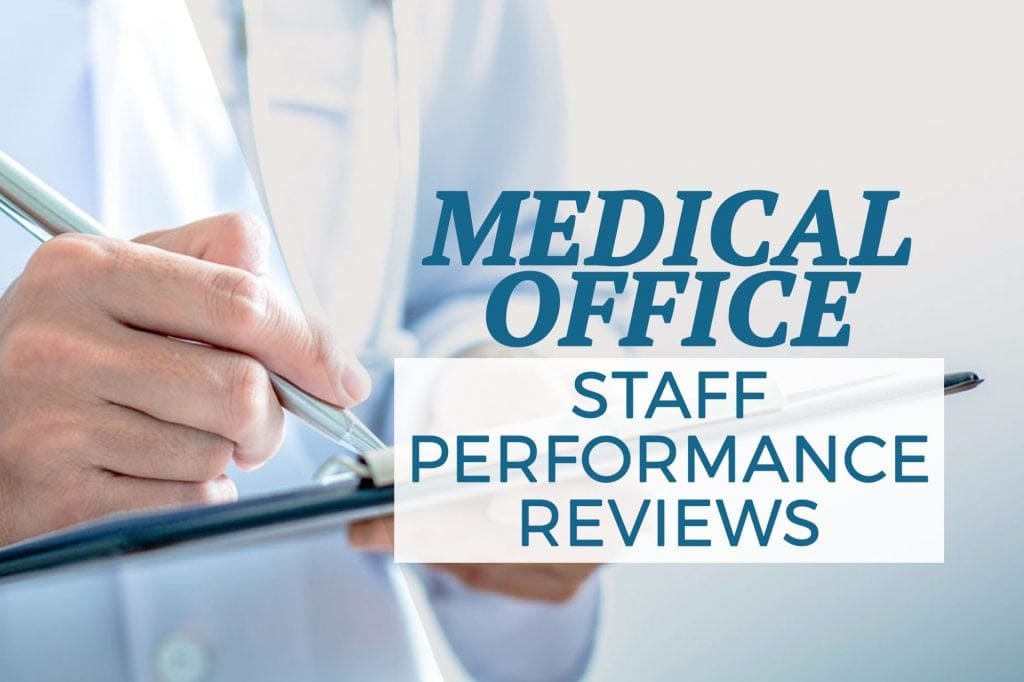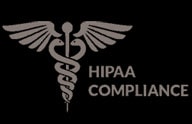Considering that your staff is, by far, the most important (as well as the most expensive) resource you have the privilege of managing, how much of your time do you invest in making sure that you are getting your money’s worth, people are doing their job to their best of their abilities, people are suitably motivated & optimally qualified, and everyone is:
- Pulling in the same direction—i.e., fully understanding and readily invested in your practice’s mission statement;
- Willing to be a team player at all times, especially when things go wrong or personalities clash;
- Able to put the interests of patients and the practice above their own preferences, personal opinions, and dislikes;
- Suitably trained for his/her job, especially (as is usually the case) if on-going training is required;
- Clearly performing his/job well (going by measurable, quantifiable, objectively-gathered and industry-standardized criteria obtained from regular, well-documented performance evaluations);
- Able to communicate effectively, meaningfully and respectfully with fellow staff, patients, and other persons;
- Able to get along well with others
- More of an asset than a liability.
Unfortunately, the whole thing doesn’t just fall on employees. You also have to meet certain criteria and responsibilities. Do your staff members, for example, know what’s expected of each of them? Do you regularly ask personnel if they have what they need to do their part?
Evaluating staff members is essential but this pre-supposes that a) your hiring practices selected the best possible candidates and that those “candidates” brought with them the experience and skills they needed to fit comfortably into your work environment and b) that, after hiring these people, you provided a work environment that is well managed, safe, conducive to high productivity and the type of place that fosters, supports, guides and nurtures its staff members.
WHAT SHOULD PRECEDE & ACCOMPANY GOOD PERFORMANCE REVIEWS
There are several key factors and circumstances that should be worked out or planned before performance reviews should come into play. Establishing good hiring practices is one such critically important, but-sometimes-overlooked factor.
Next comes the need to establish and promulgate clearly-stated, realistic and medical-industry-appropriate standards against which every employee may be judged fairly and accurately.
The good news is that it’s never too late to introduce the things that should precede, accompany or follow employee evaluation programs.
First on the list are job descriptions (JDs). Do you have clearly-stated, regularly-updated, and unique-to-your-facility JDs? Although you can use job descriptions you copied from competitors, the industry, etc., it’s best if you tailor your own JDs to fit the special needs, responsibilities, demands, and requirements of the different jobs/roles in your office.
Next, you need to create (or find) and post job performance standards and benchmarks against which all staff members are compared/evaluated. At the very least, this lets employees know what to shoot for in terms of performance—i.e., how many “tardies” & absences are considered excessive, what are acceptable reasons to miss work, what can you do (or not do) when dealing with irate & rude patients, how well do MAs prep patients for the doctor, is the RN properly supervising and promptly addressing mistakes made by assistants, etc.?
The bottom line is that all members of the staff have responsibilities that can be used as performance gauging devices/measures. Firstly, you can compare employees to set standards; then you can compare them to how others have fared in the designated areas of performance.
IMPORTANCE OF COLLABORATION IN SETTING STANDARDS & REWARDING GOOD PERFORMANCE
One of the interesting recurring episodes in the sitcoms of the past (The Andy Griffith Show, Leave it to Beaver, etc.) that dealt with parenting was when a child did something wrong which called for some type of punishment. The parent sort of made things entertaining by asking the child what their punishment should be. Opie and the Beaver usually had a cute answer but a point was being made that we may learn from when it comes to properly evaluating people.
People are more likely to accept and go along with unpleasant things that they partly own or helped to put together. Following this logic, let your staff members help you design rules, expectations, guidelines, and standards each person in the office will be evaluated by or held accountable to. This can help establish a team-spirit in the office, make employees feel that they are being included in running the practice and establish an ambiance where accountability means something and everyone has high levels of performance to live up to.
If they meet the criteria, employees can proud of having achieved this goal with flying colors.
This brings up a peripheral point: a good performance evaluation system is just as ready to reward good performance as it is to punish mistakes & disregard for rules/guidelines. In fact, make sure that those persons who meet the standards, guidelines, and benchmarks well are consistently, and generously rewarded for their efforts and achievements.
MOST IMPORTANT JOB PERFORMANCE CRITERIA/BENCHMARKS FOR STAFF MEMBERS TO MEET
–Has a clear understanding of insurance types
–Displays initiative in learning new skills & confronting new tasks
–Isn’t afraid/reluctant to seek assistance from supervisors when confronting tricky questions or challenging situations
–Strives to pull patient charts way ahead of their being seen; makes sure their jackets are in order in every way
–Doesn’t give answers to patients that he/she isn’t qualified or authorized to attempt to answer
–Does his/her job with efficiency & confidence
–Efficiently collects patient deductibles, co-pays, and co-insurance amounts
–Is a good time manager
–Stays on top of all insurance verifications & authorizations
–Reduces or eliminates scheduling errors by possessing a good understanding of patient complaints, personalities, idiosyncrasies and past medical histories
–Strives to return phone calls/messages in timely manners
–Is generally well-organized and well-prepared for each working day
–Reduces tickler list by efficiently submitting required paperwork to billing as needed
–Is able to assiduously maintain sign-in sheets
–Properly and promptly fills out billing sheets; is dependable in submitting such to the right person
–Is able to work independently when appropriate
–Double checks anything that looks suspicious or out of the ordinary (e.g., an unusually high BP, glucose level, temperature, etc.); immediately reports such to a supervisor
–Is able & willing to follow directions to the letter, never deviating without first obtaining consent from a supervisor
–Is willing to provide meaningful feedback on facility shortcomings & deficiencies
–Can take (constructive) criticism well; is able to improve because of such
–Maintains good attendance and very few (if any) “tardies”
–Is generally able to get along well with others; strives to avoid confrontations
–Has excellent people/customer service skills
–Is a good listener
–Pays close attention to detail & is very thorough at her job
–Is a consummate team-player
–Handles conflict (whether with staff or patients) with maturity, self-control, patience, and calmness
–Always behaves like the epitome of a “professional”
–Is always willing to learn something new; doesn’t turn down opportunities to participate in recommended/required seminars and training classes
–Never violates patient privacy
–Doesn’t discuss work mishaps, events or happenings in social media outlets; never makes her fellow staff members, supervisors or the practice look or sound bad in any setting
–Is a good representative of the practice both at work and outside of work
CONCLUSION
While medical office performance reviews can be very useful in both assessing over-all performance and establishing where employees stand in regard to what the practice/facility is striving to accomplish and provide to its patients, there are things that should precede and follow these performance evaluations. In other words, these evaluations are only a small segment of a paradigm that, first of all, should cater to the needs of patients as well as possible.
If these evaluations are done right and for the right reasons, they can lead to self-fulfilled, job-satisfied staff members and less-stressed-out supervisors.
Be ready, though, to reward good performance as readily as you may be to punish mistakes and misbehavior. Ideally, it’s best if, in the end, you can say that you have been fair, impartial but, also, justified in demanding superlative effort and performance from everyone—including yourself!










